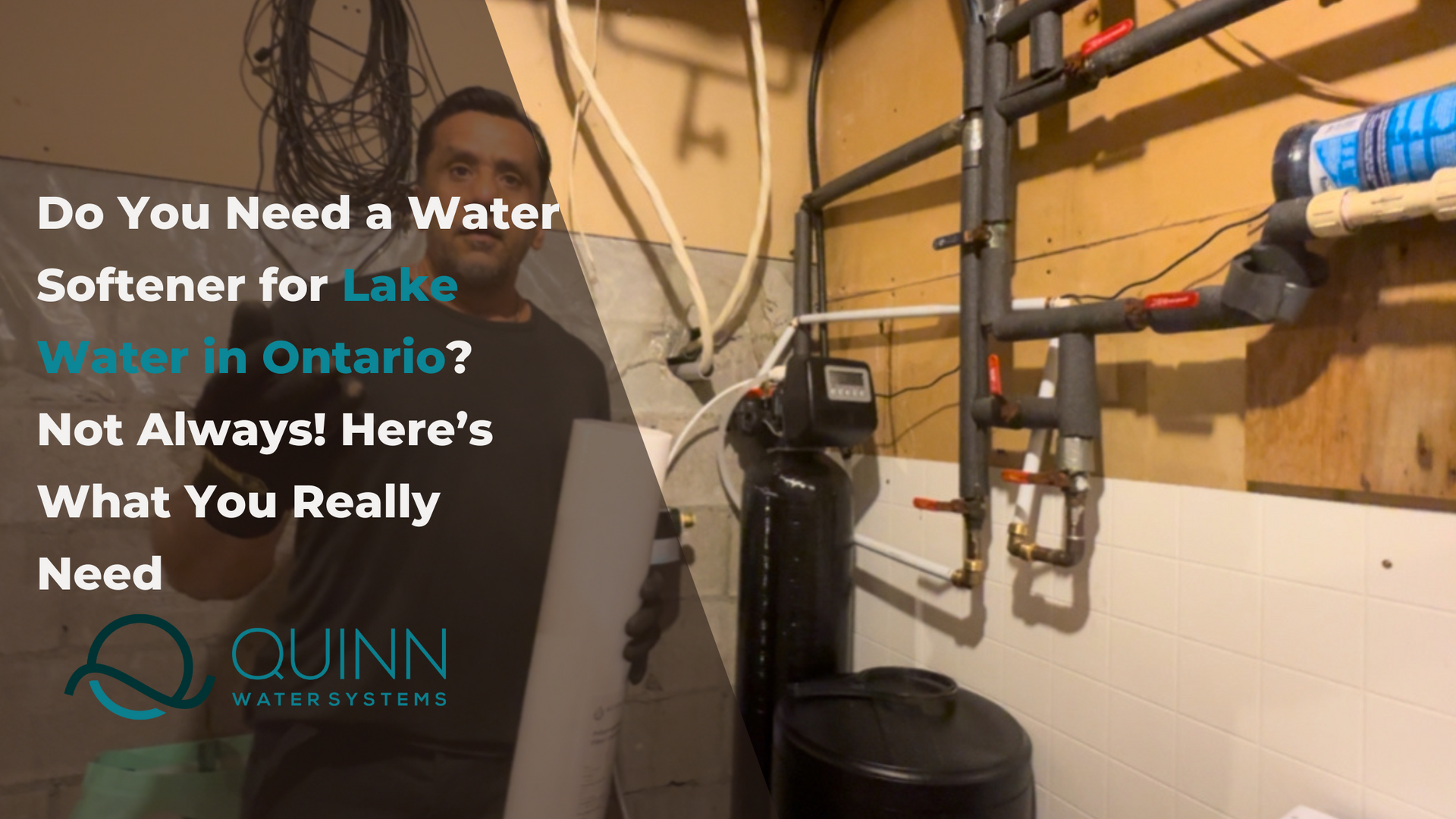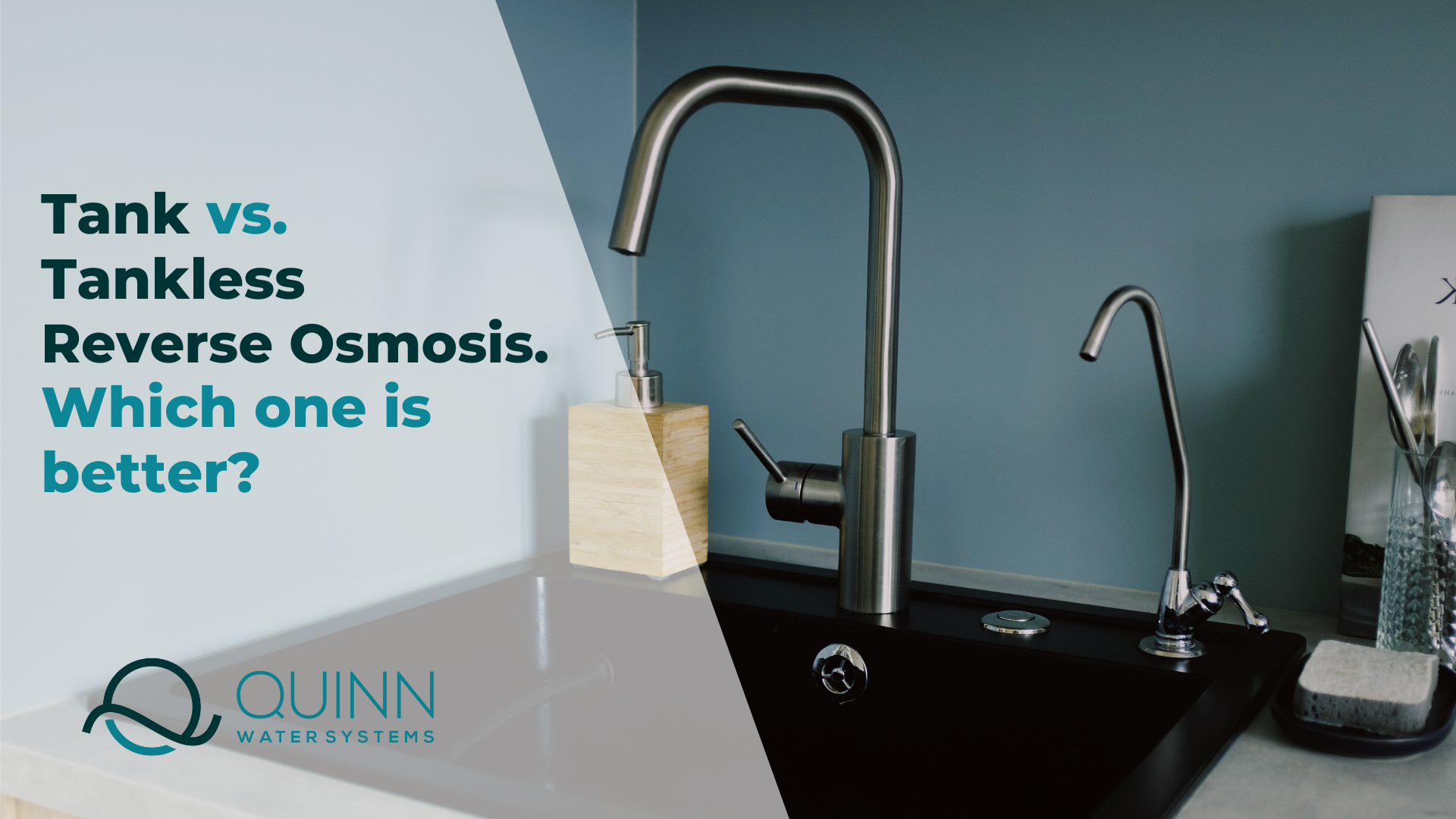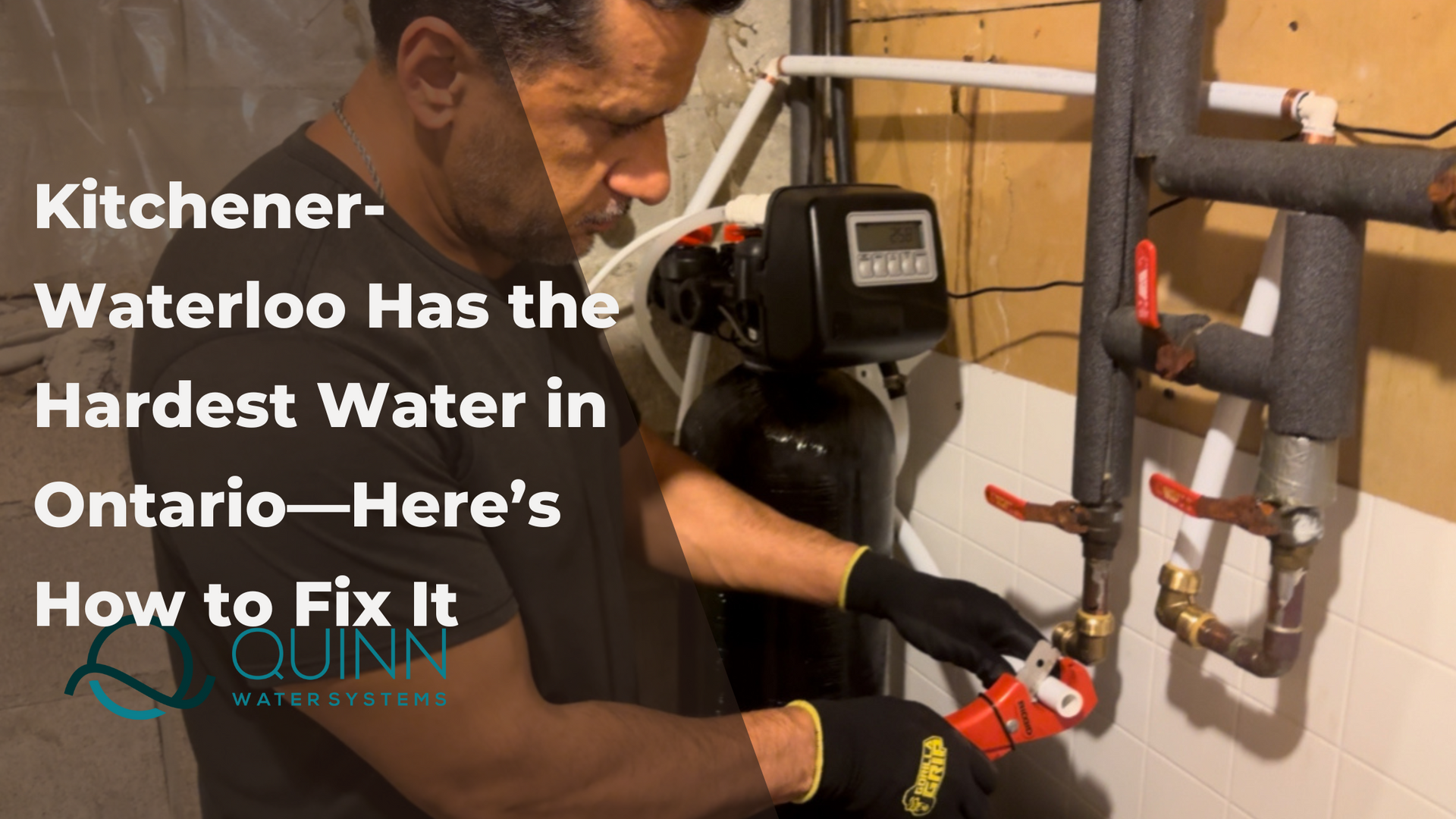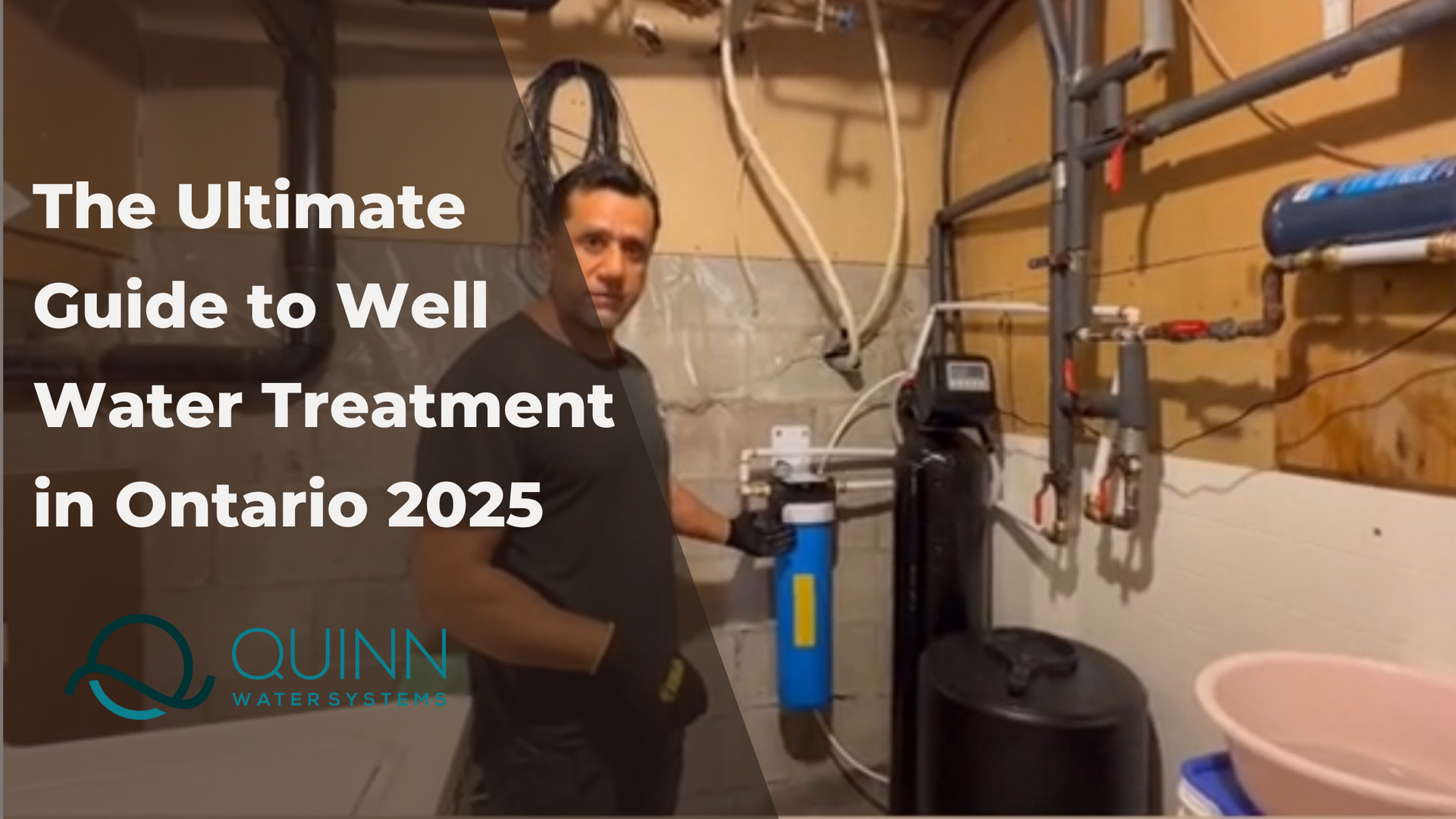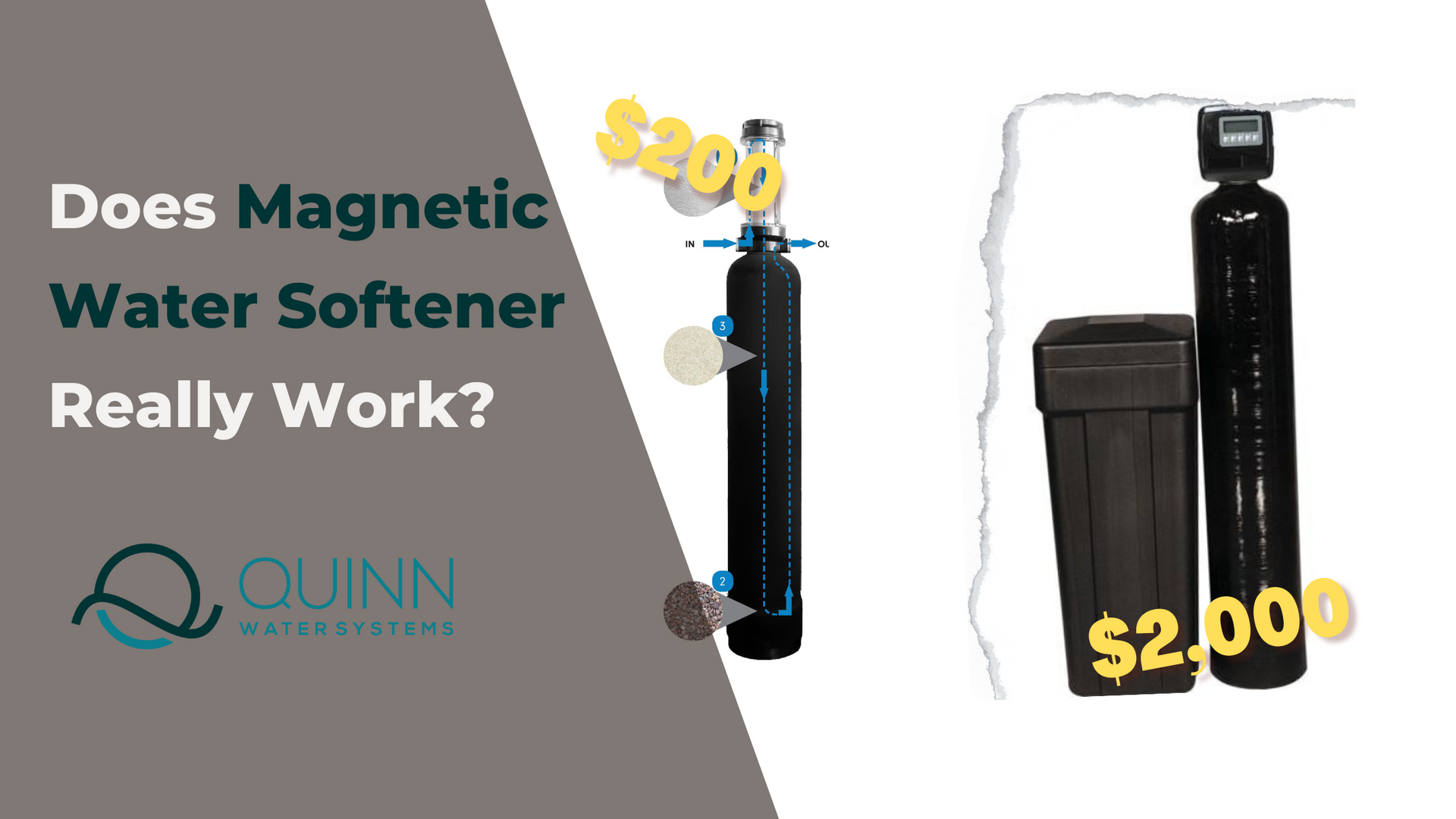Filtered Drinking Water vs. Tap Water
Filtered Drinking Water vs. Bottled Water: Making the Right Choice for Your Health and Wallet
We all know that we should be drinking 8 glasses of water a day, but with so many options out there, it can be hard to know which is the best choice for you and your family. Bottled water? Filtered drinking water? While both options promise to deliver healthier, better-tasting water, the cost-effectiveness and environmental impact of filtered water make it a superior choice in the long run. As we navigate the waters of hydration, it's essential to consider various factors to make an informed decision about the water we consume daily.
Factors to Consider When Choosing Your Water Source:
- Taste and Quality: Do you prioritize great-tasting, contaminant-free water for your hydration needs?
- Environmental Impact: Are you concerned about the environmental consequences of single-use plastic bottles and the carbon footprint associated with bottled water production and transportation?
- Sustainability: Are you interested in adopting a more sustainable approach to water consumption and reducing plastic waste?
- Home Water Problems: Do you encounter specific water quality issues at home, such as hard water, chlorine taste, or sediment buildup?
- Cost-Effectiveness: Which option provides the most cost-effective solution for your drinking water needs in the long term?
Let's delve into the comparison between bottled water and in-home water filtration systems to determine which option aligns best with your preferences and priorities.
Cost Analysis: Bottled Water vs. Water Filter Systems
While the upfront cost of a single bottle of water may seem relatively low, the cumulative expenses associated with bottled water quickly add up. On average, bottled water costs approximately $1.22 per gallon, significantly higher than tap water, which can be as inexpensive as $0.004 per gallon.
Consumers who exclusively rely on bottled water for drinking purposes may find themselves spending exorbitant amounts over time, especially considering additional uses like cooking, making ice, and preparing beverages.
In contrast, investing in an in-home water filtration system entails an initial upfront cost for the system itself and occasional filter cartridge replacements. However, over time, the cost-effectiveness of an in-home filtration system becomes apparent. With abundant access to clean, filtered water at a fraction of the cost of bottled water, homeowners enjoy both financial savings and convenience without compromising on water quality.
Environmental Considerations: Plastic Pollution and Carbon Footprint
One of the most significant drawbacks of bottled water is its detrimental impact on the environment. The production, transportation, and disposal of plastic bottles contribute to pollution, greenhouse gas emissions, and the depletion of natural resources. Single-use plastic bottles often end up in landfills or waterways, posing a threat to marine life and ecosystems.
In contrast, opting for an in-home water filtration system promotes sustainability by reducing reliance on single-use plastics. With reusable water bottles and a continuous supply of filtered water, homeowners can minimize their environmental footprint and contribute to conservation efforts.
Conclusion: Making the Sustainable Choice for Your Health and Wallet
In the filtered water vs. bottled water debate, the choice is clear: investing in an in-home water filtration system offers numerous benefits for both your health and wallet. By prioritizing sustainability, cost-effectiveness, and water quality, homeowners can enjoy clean, refreshing water without the environmental drawbacks of bottled water.
At Quinn Water Systems, we provide cutting-edge RO water filter systems and comprehensive water treatment solutions tailored to your needs. Serving the GTA Ontario community, we're dedicated to delivering superior water quality and sustainability for generations to come. Make the switch to filtered drinking water and experience the difference Quinn Water Systems can make for your health, home, and planet.
Share this blog
Blog Posts
